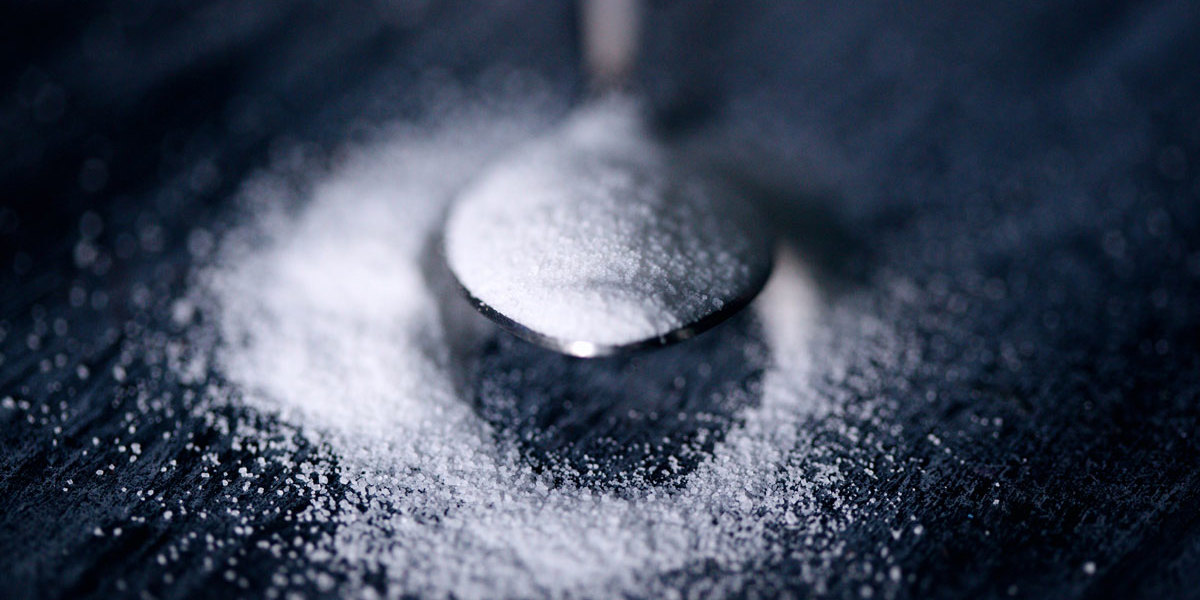
We know the effects sugar has on our teeth as well as our overall health. That's why we aim to reduce our sugar consumption where we can.
Unfortunately, it's not always easy figuring out how much sugar is in the food we eat, especially when it's often hiding under one of the 50 alternative names.
Foods that are generally considered healthy can often contain hidden sugars that drive up daily sugar intake - without us knowing.
It's important to know how to identify the hidden sugars lurking in food, in order to make healthier decisions.
The recommended daily sugar limit is 6 teaspoons (24 grams) but studies have found that Kiwis consume an average of 37 teaspoons of added sugar per day!
The first step in being able to avoid hidden sugars in food is learning how to find them on an ingredient list. There are more than 50 names for sugar. Here are some of the most common hidden ones:
- Agave nectar
- Brown sugar
- Cane juice
- Caramel
- Corn syrup
- Dextrose
- Fructose
- Fruit juice
- Fruit juice concentrate
- Glucose
- Golden syrup
- High fructose corn syrup
- Honey
- Maltodextrin
- Maltose
- Maple syrup
- Molasses
- Palm sugar
- Raw sugar
- Rice malt
- Saccharose
- Sucrose
- Syrup
- Treacle
- Icing sugar
- Malt syrup
What about 'no added sugar' products?
Many products claim to contain no added sugar, and while this might be true, they can still contain a lot of sugar.
Sugar in all its variations fall under two main categories: Natural Sugar and Added Sugar.
Natural sugar is the sugar that is naturally present in unprocessed food and drink, whilst added sugar is added to food during processing and often contain little to no nutritional value.
Plenty of companies use the term 'no added sugar' on their products in order to promote a healthier image, however it's important to keep in mind that natural sugar is still sugar, and as such, should be monitored in our diets.
How does sugar affect teeth?
The sugar we consume on a daily basis plays a huge role in the development of cavities in our teeth. However sugar alone isn’t what causes cavities, it's the chain of events that occur in the mouth after sugar has been introduced through food and drink.
When we consume sugar, the bacteria that live in our mouths use it as energy, releasing harmful acid that pulls minerals out of teeth, gradually dissolving the enamel and causing decay.
How to protect your teeth:
- Brush twice a day with a fluoride toothpaste
- Floss between your teeth daily
- Drink water throughout the day and rinse after meals (especially foods with high amounts of sugar)
- Limit daily sugar consumption to 6 teaspoons (24 grams) per day
- Visit your dentist regularly - you can find your nearest one here
Source: Maven Dental